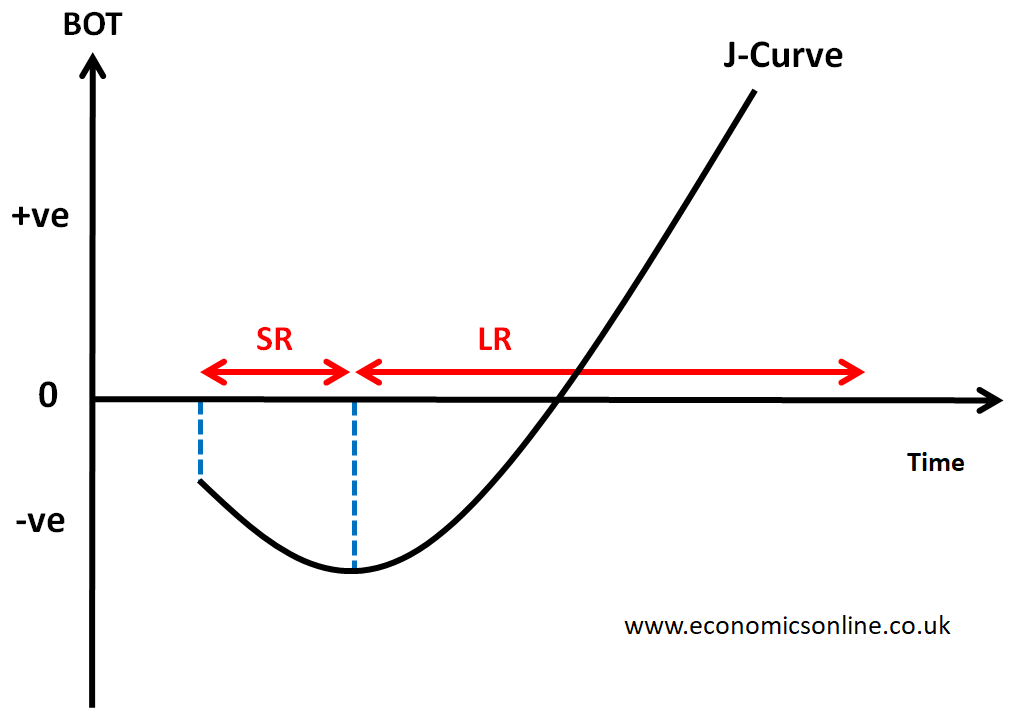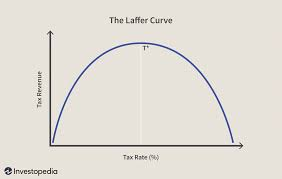A* content theme 2
1/18
There's no tags or description
Looks like no tags are added yet.
Name | Mastery | Learn | Test | Matching | Spaced |
|---|
No study sessions yet.
19 Terms
2.1 economic performance - 3 concepts
hysteresis
underemployment
labour force participation rate
2.2 AD - 5 concepts
negative wealth effect
permanent income hypothesis
paradox of thrift
marshall-lerner condition
j curve effect
neg. wealth effect
prices falling = ppl feel poorer = less consumption
permanent income hypothesis - by Milton Friedman
higher income doesn’t necessarily mean more consumption, as people don’t spend more from short term increases
if anything they might save it (short term = high MPS, low MPC), which might weaken the multiplier
should look more at long term expectations to see an increase in consumption
paradox of thrift
everyone saves during a recession = no spending = WORSE
marshall-lerner condition
pound depreciation will only improve (X-M) if the PEDs of exports and imports is more than 1 (elastic)

j curve
deprecation —> net trade gets WORSE before it gets better:
import/export contracts fixed in the short run
demand/supply inelastic in the short run

2.3 AS - 1 concept
exogenous shocks
exogenous shocks
conflict, natural disaster, pandemic etc
can be POSITIVE: technological breakthroughs
2.4 national income - 1 concept
accelerator effect
accelerator effect
rising demand = rising investment (at a faster rate)
magnifies economic cycles —> investment = volatile
2.5 economic growth - 1 concept
productivity trap
productivity (output per worker) trap
low productivity = low profits = low wages = low consumption = slow growth = low investment = cycle repeats
2.6.2 demand side - 5 concepts
liquidity trap
financial crowding out
cyclical vs structural deficit
discretionary vs automatic fiscal policy
laffer curve
liquidity trap
interest rates already low —> cutting them won’t work
cyclical v structural deficit
cyclical = result of the trade/business cycle
structural = permanent, result of fundamental imbalance in gov
discretionary vs automatic fiscal policy
automatic = automatic stabilisers
discretionary = deliberate moves from the gov
laffer curve
past a certain point, increasing tax might actually decrease revenue (no incentive to work)

general things to remember
opportunity cost of doing stuff
time lags involved in doing stuff
theory vs reality!!!